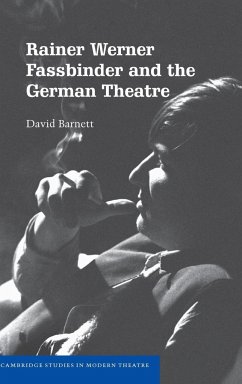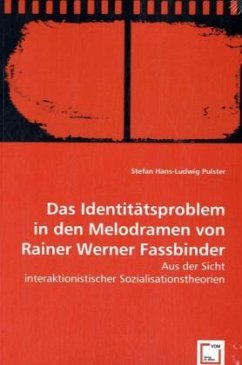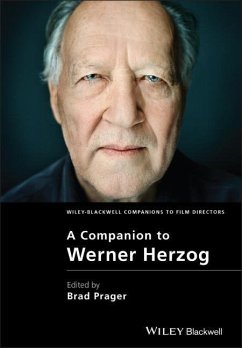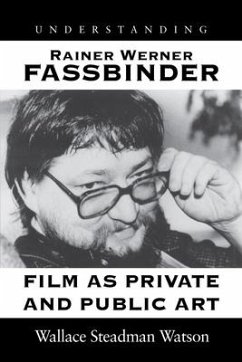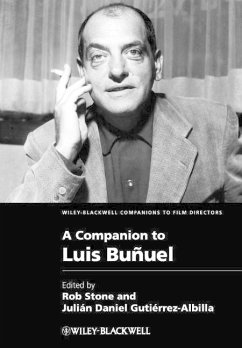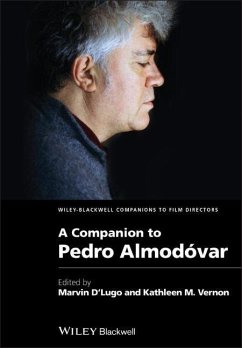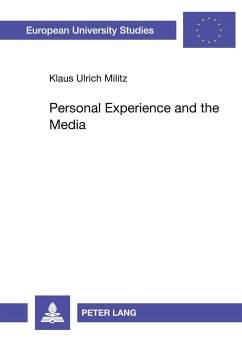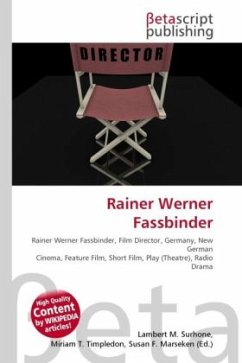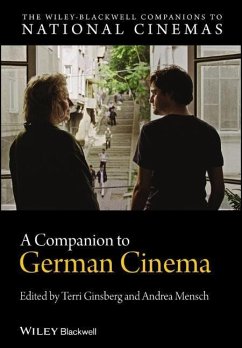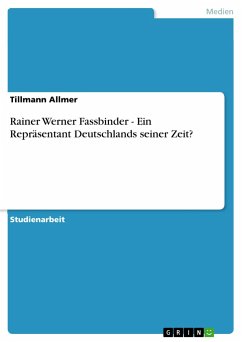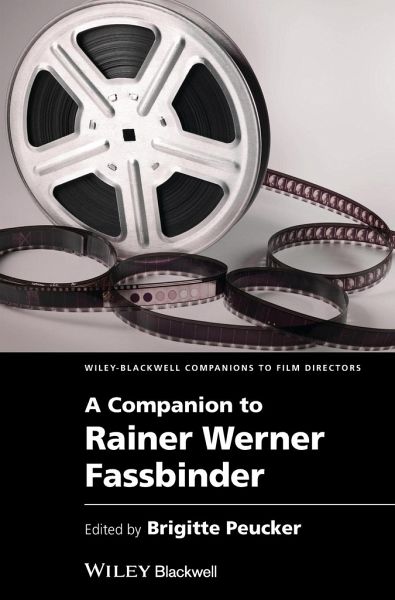
A Companion to Rainer Werner Fassbinder
Versandkostenfrei!
Versandfertig in über 4 Wochen
172,99 €
inkl. MwSt.
Weitere Ausgaben:

PAYBACK Punkte
86 °P sammeln!
A Companion to Rainer Werner Fassbinder is the first of its kind to engage with this important figure. Twenty-eight essays by an international group of scholars consider this controversial director's contribution to German cinema, German history, gender studies, and auteurship.A fresh collection of original research providing diverse perspectives on Fassbinder's work in films, television, poetry, and underground theatre.Rainer Werner Fassbinder remains the preeminent filmmaker of the New German Cinema whose brief but prolific body of work spans from the latter half of the 1960s to the artist's...
A Companion to Rainer Werner Fassbinder is the first of its kind to engage with this important figure. Twenty-eight essays by an international group of scholars consider this controversial director's contribution to German cinema, German history, gender studies, and auteurship.
A fresh collection of original research providing diverse perspectives on Fassbinder's work in films, television, poetry, and underground theatre.
Rainer Werner Fassbinder remains the preeminent filmmaker of the New German Cinema whose brief but prolific body of work spans from the latter half of the 1960s to the artist's death in 1982.
Interrogates Fassbinder's influence on the seminal ideas of his time: auteurship, identity, race, queer studies, and the cataclysmic events of German twentieth century history
Contributions from internationally diverse scholars specializing in film, culture, and German studies.
Includes coverage of his key films including: Gods of the Plague (1970), Beware of a Holy Whore (1971), The Bitter Tears of Petra von Kant (1972), Martha (1973) (TV), World on a Wire (1973), Effi Briest (1974), Ali: Fear Eats the Soul (1974), Fox and His Friends (1975), Fear of Fear (1975), Chinese Roulette (1976), In a Year With 13 Moons (1978), Despair (1978), The Third Generation (1979), Berlin Alexanderplatz (1980) (TV), and Querelle (1982).
A fresh collection of original research providing diverse perspectives on Fassbinder's work in films, television, poetry, and underground theatre.
Rainer Werner Fassbinder remains the preeminent filmmaker of the New German Cinema whose brief but prolific body of work spans from the latter half of the 1960s to the artist's death in 1982.
Interrogates Fassbinder's influence on the seminal ideas of his time: auteurship, identity, race, queer studies, and the cataclysmic events of German twentieth century history
Contributions from internationally diverse scholars specializing in film, culture, and German studies.
Includes coverage of his key films including: Gods of the Plague (1970), Beware of a Holy Whore (1971), The Bitter Tears of Petra von Kant (1972), Martha (1973) (TV), World on a Wire (1973), Effi Briest (1974), Ali: Fear Eats the Soul (1974), Fox and His Friends (1975), Fear of Fear (1975), Chinese Roulette (1976), In a Year With 13 Moons (1978), Despair (1978), The Third Generation (1979), Berlin Alexanderplatz (1980) (TV), and Querelle (1982).




